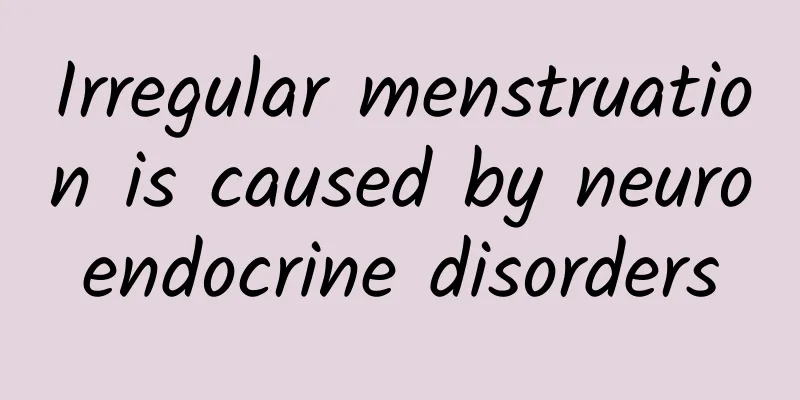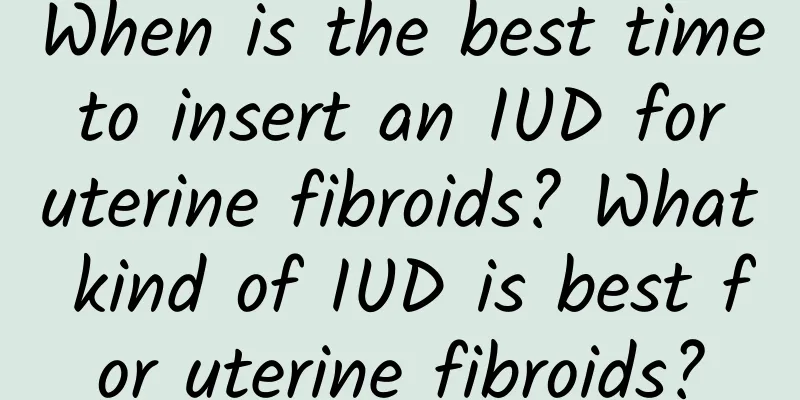What are the symptoms of menopausal menstrual disorders and how to deal with them?

|
It is known that menopause will cause a series of physiological and psychological changes, the most common of which is menstrual disorder, which is generally manifested as abnormal menstrual cycle or bleeding volume, and can also be manifested as body aches and abdominal pain before and during menstruation. In addition to organic lesions, the cause may also be functional disorders, which require examination and treatment. When women reach middle age, they will always have many problems, not only psychological but also physiological, so their emotions are easily disturbed. At this time, you should be more open-minded, because menopause is not unique to you. Almost every woman has to go through it. This period is quite special. You need to pay attention to both psychological and physiological aspects, otherwise problems will easily arise. During menopause, the body's functions decline and menstruation becomes disordered. So what are the manifestations of menstrual disorders during menopause? |
>>: How to treat menopausal irregular menstruation? Doctors suggest improving it in these 5 aspects
Recommend
What causes vaginal candidiasis?
Candidal vaginitis is the old name, now it is cal...
What to do if adenomyosis is mild
What should I do if adenomyosis is mild? 1. Uteri...
Will irregular menstruation heal itself?
Will irregular menstruation heal on its own? If t...
How many days does it take to detect an ectopic pregnancy?
Generally, ectopic pregnancy can be found about 6...
Low-calorie starch, no fat, homemade salmon and wild mushroom steamed rice
Who says you must not eat starch to lose weight? ...
What is the recurrence of uterine fibroids? What should I do if uterine fibroids recur?
Uterine fibroids are a common reproductive system...
Does the early or late menopause have anything to do with women's fertility?
According to experts, if women have menopausal sy...
Is pelvic peritonitis serious?
Pelvic peritonitis is a disease with a very high ...
Clinical manifestations of chronic cervicitis
Cervicitis is a common gynecological inflammation...
What items should women check before going to the hospital for abortion? 4 items should be checked before going to the hospital for abortion
Before having an artificial abortion, women must ...
How to check endometriosis by B-ultrasound?
After endometriosis occurs, it will promote uteri...
To treat the symptoms of vaginitis, you should pay attention not to wear tight pants often
Clinically, the symptoms of vaginitis are mainly ...
Nursing for moderate cervical hypertrophy and erosion
The care of cervical hypertrophy and moderate ero...
Experts tell you how to regulate irregular menstruation.
What are the treatments for irregular menstruatio...
Thin thighs like this! 2. Raise your legs to change your posture and tighten your lines
Long periods of sitting and lack of exercise in t...









